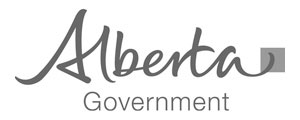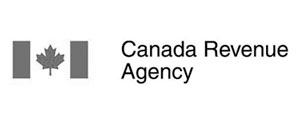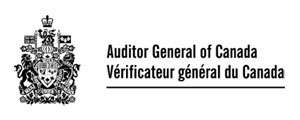IFRS Masterclass: Accounting for Financial Instruments
Master financial instrument accounting, from classification to hedge accounting, for confident application and compliance.
$95
30 July 2025, 8:00 PM
Welcome to the "IFRS Masterclass: Accounting for Financial Instruments." This comprehensive course establishes a foundational framework for reporting financial assets and liabilities, equipping you with crucial insights into the amounts, timing, and uncertainty of an entity's future cash flows. Understanding IFRS is paramount for transparent financial reporting, promoting informed decision-making, and enhancing comparability across financial statements.
Upon completion, you will gain a solid understanding of the principles underpinning the recognition, classification, measurement, and derecognition of financial instruments. We will cover a wide array of topics, designed to provide both clarity and practical application:
- The general scope and exclusions of IFRS, including specific exemptions for equity instruments, insurance contracts, and other financial instruments.
- Application to various financial instruments such as loan commitments and contracts for non-financial items, focusing on the "own use" exception.
- Initial recognition and measurement of financial assets and liabilities, including the critical role of fair value and transaction costs.
- Detailed principles of derecognition for financial assets and liabilities, emphasizing the transfer of risks and rewards and the "continuing involvement" approach.
- Classification of financial assets based on business model and contractual cash flow characteristics (SPPI test), leading to amortized cost, FVOCI, or FVTPL measurement.
- Classification rules for financial liabilities, including mandatory FVTPL and the fair value option.
- The intricacies of embedded derivatives and their accounting implications.
- Reclassification rules for financial assets, triggered by changes in business models.
- Subsequent measurement techniques, including the effective interest method, modifications of contractual cash flows, and write-offs.
- The Expected Credit Loss (ECL) model, encompassing its three-stage approach, significant increase in credit risk (SICR) determination, and special applications for POCI assets.
- Principles guiding the measurement of expected credit losses and the recognition of gains and losses from financial instruments.
- In-depth coverage of hedge accounting, including eligible hedging instruments and hedged items, rigorous effectiveness requirements, and accounting for fair value and cash flow hedges.
- Specialized hedge accounting topics, such as hedges of net investments in foreign operations and accounting for the time value of options and forward contracts.
- Advanced concepts in hedging a group of items and addressing nil net positions.
- Temporary exceptions and transitional provisions related to interest rate benchmark reform.
- Designated effective dates, early application, and transition requirements for classification, measurement, and impairment.
This masterclass is essential for anyone seeking to navigate the complexities of financial instrument accounting under IFRS, ensuring accurate and compliant financial reporting.
Trusted And Used By:









